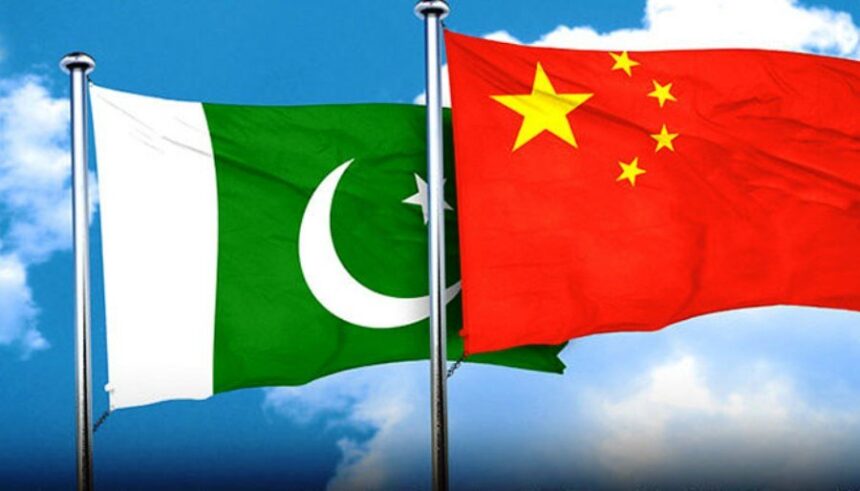RASC News Agency: The Pakistani daily Hum has revealed that China’s Special Envoy, Yu Xiaoyong, is escalating diplomatic efforts to mediate and de-escalate tensions between the Taliban regime in Afghanistan and Pakistan. According to the report, Yu has proposed a trilateral meeting involving the foreign ministers of the Taliban, Pakistan, and China in Beijing to foster dialogue and coordination. Sources within the Taliban and Pakistani government told Hum News that Beijing’s initiative follows the envoy’s recent visits to Kabul and Islamabad. These efforts aim to address deepening rifts caused by disagreements over militant groups, particularly the Tehrik-e-Taliban Pakistan (TTP), whose operations have pushed Pakistan-Taliban relations to an unprecedented low.
A Taliban official, speaking to Hum, highlighted that the Chinese envoy’s engagements underscore Beijing’s growing concerns over the deteriorating relationship between Kabul and Islamabad. As part of the mediation process, Yu has suggested a high-level trilateral meeting in Beijing. Previously, China proposed holding such a meeting in Ashgabat during a conference of Afghanistan’s neighboring countries, but the session was postponed. Mushahid Hussain, Chairman of the Pakistan-China Institute, explained that China sees the proposed trilateral framework as a crucial step toward normalizing strained ties between the two neighbors. “China’s tripartite strategy for Afghanistan marks a significant departure from Pakistan’s traditionally flawed and now failing Afghanistan policy,” Hussain stated.
He further noted that Beijing’s influence in Kabul now surpasses Islamabad’s, a reflection of China’s growing strategic investments in Afghanistan. Since officially recognizing a Taliban representative earlier this year, China has pursued a comprehensive three-pillar strategy focused on engagement, reconstruction, and counterterrorism. This approach aims to stabilize Afghanistan while containing extremist factions operating within its borders. Mansoor Ahmed Khan, Pakistan’s former ambassador to Afghanistan, warned that the increasing rift between Islamabad and the Taliban is adversely impacting Pakistan’s relations with Beijing. “Border skirmishes and the absence of cross-border collaboration between the Taliban-led Afghanistan and Pakistan undermine the prospects for lasting peace and stability in the region,” Khan said. He further observed that these tensions jeopardize China’s ambitions to expand its economic and geopolitical influence in Afghanistan and beyond.
Pakistan had initially placed significant hope in the Taliban’s cooperation to curb the activities of the TTP, an extremist faction aligned with the Taliban. However, over the past three years, the Taliban has not only failed to curb the TTP’s operations but has also been accused by senior Pakistani officials of providing safe havens and, in some cases, logistical support for cross-border attacks targeting Pakistan. China’s growing role in mediating between Islamabad and Kabul underscores Beijing’s strategic interest in maintaining regional stability, particularly as it seeks to advance its Belt and Road Initiative and broader economic objectives in Central and South Asia.






